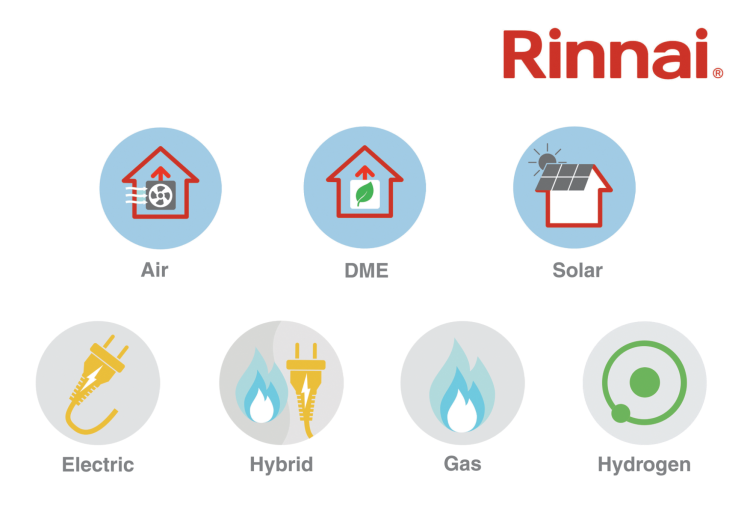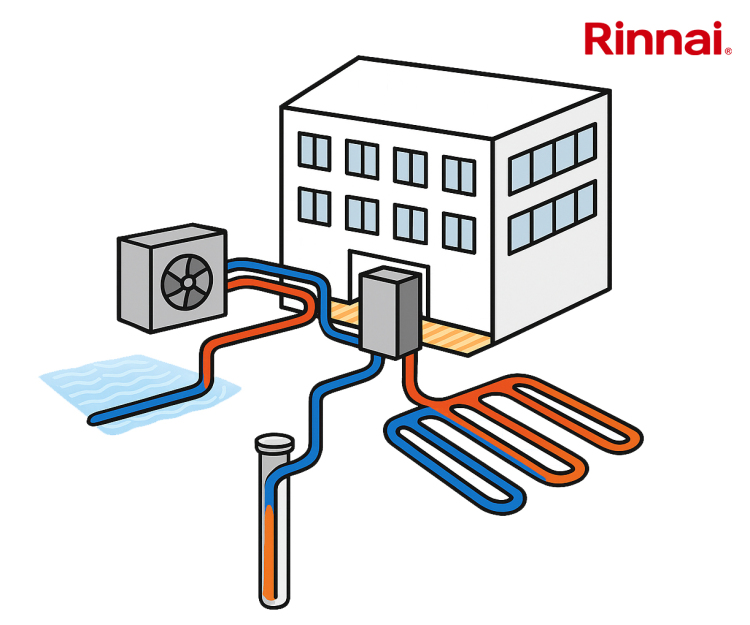01 March 2021
As the 2030 deadline for the sale of petrol and diesel cars grows closer, Michael Kenyon MIET, Technical Lead at Bureau Veritas, explores the importance of electrical safety and why regular inspection and maintenance is critical for any EV charging installation.
Michael Kenyon is a Member of the Institution of Engineering and Technology and has worked with Bureau Veritas since 2017. Kenyon is Technical Lead for the electrical operations within Bureau Veritas, and is responsible for technical governance of key accounts, ensuring technical standards amongst his clients as well as developing and maintaining training programmes and procedures and offering technical assistance to the business unit.
"At a time when more and more organisations are installing EV charging points to tap into the benefits and keep up with the UK’s shift to electric, a quality-first approach is the key to unlocking the potential and maintaining the long-term integrity and availability of our charging infrastructure."
A Quality First Approach to EV Charging
The adoption of electric vehicle (EV) technology continues to move at a rapid pace. Earlier in the year, the UK government unveiled its ten-point plan for a green industrial revolution, which included bringing forward the ban of the sale of new petrol and diesel cars from 2035 to 2030 in order to speed up Britain’s transition to zero-emission vehicles such as EVs. There are now around 339,000 registered EVs in the UK, with pure electric models the only category of growth currently in the UK1.
With such a dramatic rise in vehicle sales (registrations of pure EVs were up 112 per cent in the first eight months of 2020 compared to 2019), it was evident that the UK’s charging infrastructure would need to increase to cope with demand. In many ways, the private sector has led the way, supported by generous incentive schemes.
From offices, supermarkets and car parks, to retailers, business centres and universities, organisations across a wide range of sectors are installing EV charging points. The benefits include income generation, increased footfall, improved sustainability across fleets and even better staff engagement. And with incentives of up to £14,000 per organisation available through the Government’s Workplace Charging Scheme, many would argue that for any organisation with the space and resources to install EV charging points, there is no better time to invest.
McDonalds is one major organisation that agrees. In June, it announced plans to introduce charging points at both new and existing drive-through restaurants in the UK. And clearly it is not alone. Recent statistics from Zap-Map show there are now 33,779 charging points for electric vehicles in the UK, up 39 per cent in the last 12 months alone. The government has pledged to invest a further £500 million in the rollout of new rapid electric charging hubs to ensure drivers are never more than 30 miles from being able to charge their car.

Picture: a photograph of Michael Kenyon
Electricity at Work Regulations
As with any rapid deployment of relatively young technology, the onus now is on the quality and safety of such installations.
Like any fixed electrical installation, duty holders are required under the Electricity at Work Regulations 1989 (EAWR) to ensure the safety of EV charging points. This includes maintaining systems to prevent, so far as is reasonably practicable, any danger to employees, visitors or other persons.
In addition to EAWR, there are a number of other documents used for guidance and to demonstrate compliance, including BS7671 Requirements for Electrical installations, Guidance Notes including GN3 (IET) and BS7671 Section 722 – Electric Vehicle charging installations.
Notably, duty holders should take into consideration that EV charging points are a high use asset, often installed outside and therefore vulnerable to mechanical damage and ingress of water. Periodic inspection and at least annual testing are critical to help maintain the long-term integrity of charging points.
Future of EV Charging
At a time when more and more organisations are installing EV charging points to tap into the benefits and keep up with the UK’s shift to electric, a quality-first approach is the key to unlocking the potential and maintaining the long-term integrity and availability of our charging infrastructure.
The technology and the incentives are now firmly in place to continue the roll-out of EV charging points across the private sector, in line with EV sales. We must make sure the quality and safety of installations are keeping pace.
Case Study – A Supercharged Approach
Bureau Veritas’ new independent inspection offering for EV charging points was recently used by one of the world’s largest multinational technology firms to help them ensure all installations are compliant with relevant regulations.
As part of an initial trial, the health and safety firm’s experienced electrical inspection engineer examined and tested one EV charging point at the client’s Northampton warehouse and distribution centre. After the success of this, the firm is now revaluating its approach to electrical safety of EV charging points to help identify any issues and provide peace of mind.
Picture: a photograph of an electric vehicle being charged
Article written by Michael Kenyon | Published 01 March 2021
Share
Related Articles
Bureau Veritas Welcomes 3rd Amendment to 18th Edition, but says it ‘Sparks’ a Renewed Focus for Duty Holders
Martin Sampson from Bureau Veritas outlines the latest regulatory changes for FMs dealing with electrical installations on their premises.
On 31 July 2024, the...
Read Full Article
EV Demand Drives Progress
The growing versatility of EV fleets and the imminent introduction of airborne variants are pushing infrastructure and technology to new limits. The UK automotive...
Read Full Article
Energy Transitions – Battery Energy Storage Systems
Matthew Lumsden, CEO of Connected Energy, answers some of the questions he is asked most often about the implication of installing EV chargers.
In a new regular...
Read Full Article
Why is Dundee A Model EV City?
Dundee City Council in Scotland features one of the most electric-powered fleets in the UK, and has encouraged businesses and individuals to switch to EV. How has their...
Read Full Article
Record Order for Volvo Electric Trucks
Volvo Trucks has received an order for 100 Volvo FM Electric trucks from DFDS, Northern Europe's largest shipping and logistics company. The deal is the largest...
Read Full Article
Office Buildings Will Require EV Charging Points by Law
The government is proposing that every new non-residential building must have one electric vehicle charge point for one in five spaces.
Existing non-residential...
Read Full Article
Willmott Dixon Rolls Out Electric Vehicle Charging Points at Over 100 Sites
Willmott Dixon is installing charging points at more than 100 locations across its sites and offices in England and Wales in 2021.
Working with electric vehicle...
Read Full Article
Cleanology Launches All-Electric London Fleet
Following a deal signed with Nissan last autumn, UK cleaning and FM firm Cleanology has taken delivery of its brand new all-electric London fleet.
Cleanology has...
Read Full Article
Biden’s EV Revolution – US Electric Truck Market Set for Growth
Just days into his presidency, Biden announced the intention to replace the federal government’s fleet of combustion engine vehicles with electric vehicles...
Read Full Article
Carlsberg Takes Delivery of Electric Truck Fleet from Renault
After signing a contract with the Carlsberg Group, Renault Trucks has delivered a D Wide Z.E. 26 ton truck, the first vehicle of an order for twenty fully-electric...
Read Full Article


.gif)

.gif)
.gif)







.png)

